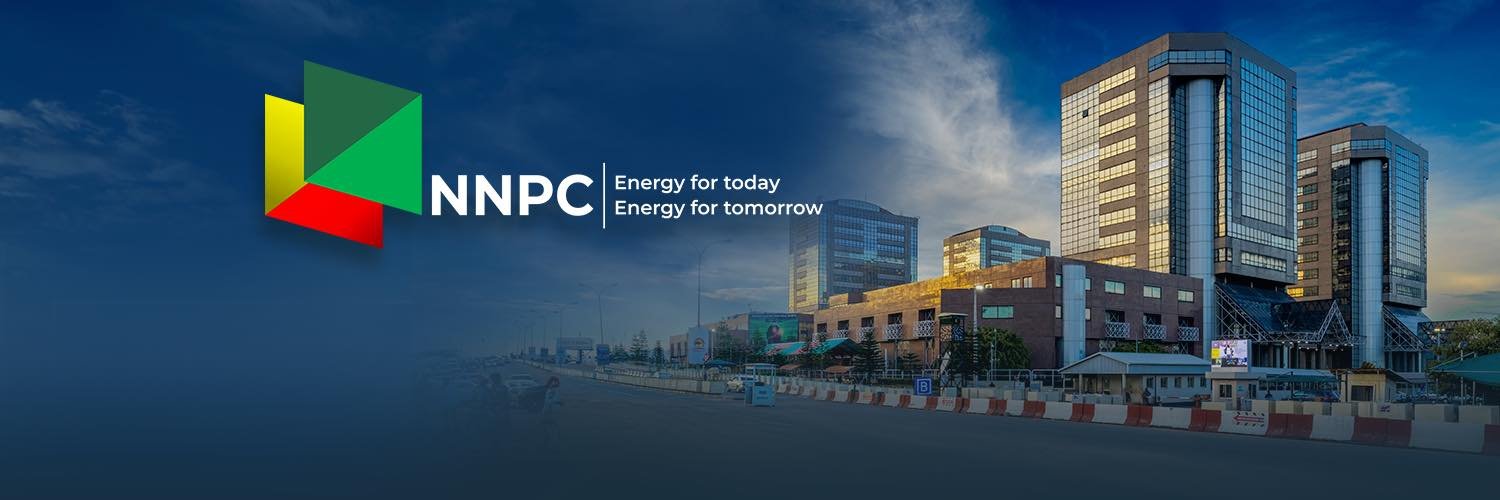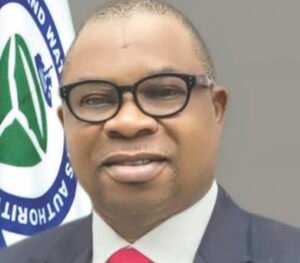By Daniel Kanu
It was a turning point on Saturday, October 6, in the Rivers State politics as a hitherto unknown political party, the Action People’s Party (APP), swept the polls in the local government election organised in the state.
The APP, which was relatively unknown, won 22 chairmanship positions out of 23 in the state’s LG poll.
As if what happened in Rivers was a test case, The Zenith Labour Party (ZLP), emerged victorious in 15 out of the 17 local government areas in Abia State during its last local government elections held on November 2, while the Young Progressive Party claimed victory in the remaining two LGAs.
The tradition in Nigeria has been that the ruling political parties in the states have always dominated in winning almost all LG elections conducted in any state.
For instance, in the last Kogi State LG election, the All Progressives Party (APC) dominated the election as it won the 21 chairmanship positions and not less than 239 counsellorship seats.
In all the states that have so far conducted their LG elections, from Anambra to Benue, among others, the story is the same.
The latest election trend points to the fact that the state governors have elevated themselves to become political emperors whose beck and calls must be obeyed in total submission.
They can manipulate, create what they want and change the probability of any action to their desire.
The worrisome situation now is that the governors are not just in control of their political parties, but can hijack any other political platform they wish to use so far it will achieve their selfish political agenda, either for the moment or for future purposes.
It is obvious that the dysfunctional state of the country’s political party system has become worrisome.
Since the country returned to democratic governance in 1999, party activities especially in the areas of selection, election, accountability, discipline, among others, appear to be far below democratic requirement such that the nation’s democratic project has become the subject of intense debate in most political quarters.
Bishop Joseph Ighalo Edoro, cleric and public affairs commentator, said that the new trend whereby governors use another political party platforms to achieve their political goals was not surprising given the immense powers they wield in their states.
On what happened in Abia and Rivers states, he explained that “it has always been the tradition. It is the governors that constitute the State Independent Electoral Commissions. So, there is nothing spectacular about the ruling parties in the states sweeping the council elections.
“The victory of the Action Peoples Party (APP) and the Zenith Labour Party (ZLP) in Rivers State and Abia State are political arrangements made by the governors. The reasons for those arrangements will soon be made visible as we march towards the 2027 general elections.
“For mushroom parties to wake up one day to sweep local government elections in states where they were unknown are political arrangements.”
There is no gainsaying the fact that the existence of vibrant political parties is a sine qua non for democratic consolidation in any polity, but sadly, the nature and character of present party politics leaves nothing to be desired.
Equally of great concern is the propensity for the opposition parties to slip into coma and disarray once they lose an election and fail to form the government, thereby becoming weak, rudderless and unable to project alternate policy options to those offered by the government of the day. Political commentators are in agreement that multi-party democracy thrives when there are contending ideas and alternate viewpoints, which political parties articulate and propagate as part of their ideology and beliefs.
Once the PDP lost in 2015, after 16 years of firm grip with power, it refused to climb out of the abyss of defeat to provide formidable opposition, as with other resilient political parties in other jurisdictions.
For instance, the African National Congress (ANC), the number one South African political party, and black nationalist organisation, was founded in 1912.
The ANC suffered nearly a century-old repression at the hands of the old apartheid regime. It was banned in 1960 and it was not until 1990 that the ban was lifted; but the ANC did not abandon its ideology, which was to demand and ensure voting rights for black Africans and coloured persons.
Activist, political commentator and university teacher, Dr Ossai Ossai, told Sunday Sun that the Nigerian political parties need similar resilience and principled disposition, insisting that unless they stand for something noble in ideology they will continue to fumble and wobble.
He said: “The ANC, for instance, stood for something noble and refused to exchange it for fleeting lucre or positions in the oppressive regime.
“Political parties in Nigeria have not been able to attain the expected degree of institutionalization, especially in the areas of internal cohesion and discipline.
“This deficiency has also contributed to the decline of their conflict management capacities at both intra and inter-party relations levels.
“Regarding party discipline, the way and manner today’s political parties are mismanaged and exploited is greatly distressing. Cheaply and rather disgustingly, supposed national leaders of the PDP, for instance, jump in and out of courts to procure ex-parte rulings to assist them set aside the constitution of the party.
“Whereas the constitution is very clear on what happens when a national chairman vacates that position, those entrusted with interim management chairmanship status now smartly claim to have substantive capacity.”
Ossai said that the latest development whereby governors now allow obscure political parties to win LG elections is because they may use the platform in the future in case stronger forces emerge like in Rivers State where the governor is unsure of grabbing the ticket with ease for a second term bid.
Scholars and political scientists have continued to postulate that the party system in Nigeria lacks gravitas because they are not grounded in any notable ideology.
They mainly operate as vehicles to contest elections, form government and pillage resources they ought to deploy to solve the poverty and misery in the land.
The present crop of Nigerian politicians, at least the majority of them do not seem to have any business being in politics.
This is because Nigerians can still remind themselves, that once upon a time, the party system in the country was ideologically inclined, with a default leaning towards the welfare of the people.
For instance, the Action Group (AG), in the late 1950s and early 1960s adopted democratic socialism as its official ideology and opted for federalism as the better form of government.
The party defended the welfare state and pursued the agenda to mitigate poverty, ignorance and disease.
The AG, going by its record, gave free education to the people of the Western Region and the result was an enthusiastic leap in many school-going children.
Also, the National Council for Nigeria and the Cameroons (NCNC) was equally progressive and welfarist in outlook, though more nationalistic in posture.
The political parties in the First Republic were arguably focused on how to alleviate the people’s ignorance and lowly state.
Even after they were proscribed in 1966 due to political unrest and the civil war, they were rebranded in the Second Republic, largely retaining their welfarist philosophy.
Even the conservative National Party of Nigeria (NPN), in 1979, proposed the Green Revolution as a credo upon which it sought to return the country to the agrarian success it enjoyed before independence and in the First Republic.
One is not admitting that the political parties in the First and Second Republics were perfect, but they exuded the ability to organise and maintain discipline along the value chains.
Dr Phillips Nto, former commissioner for Finance in Abia State and university lecturer told Sunday Sun that “in those days, party supremacy was a gospel well understood, followed and acknowledged by members. The leadership commanded respect and the rules were obeyed.
“I advise current political parties to return to the drawing board to articulate practicable ideologies that relate to the needs of the people. We advocate manifestoes that encourage people’s welfare and revolve around the immediate and long-term needs of the people, economically and otherwise.
“In the country today, there is growing evidence of declining public confidence in parties. Political parties have deteriorated in membership, organisation, popular involvement and commitment in democratic idea. This is worrisome.
“Political parties are not to be administered as private property of an individual. It is an aberration; and it is time for the opposition to wake up and put its house in order.
“The country needs strong parties to recruit members and articulate ideas and interests on behalf of the people. Parties are constitutionally empowered as political entities to mobilise and campaign for good governance, without which democracy will be imperiled.”
An insider and top LP leader who preferred anonymity told Sunday Sun that what happened in Abia LG poll was a political arrangement because the party has been infiltrated and with the continued court cases they are unsure of its platform, and may likely move to the ZLP.
Dr Nkiru Okoronkwo, an activist, told Sunday Sun that INEC should take over the conduct of local government elections rather than allowing governors use state electoral commissions to rig the election with utmost impunity.
“Let the INEC take over the conduct of local government council elections. A situation where the governors appoint state electoral commissions leads to abuse.
“It is the only reason the governors can win all the seats with ease. It is a case of he who pays the piper dictates the tune,” he said.
Political commentators say there should be a return to the buoyancy, vibrancy and critical thinking that was the tradition of political parties in the 60s.
Parties shape the democratic process and governance output of any country, through representation, education and policy formulation. To do that, parties must exercise moral authority to correct, reprimand and enforce discipline. Present day parties in the country seem to have surrendered that moral authority to individuals, particularly governors who misappropriate state resources to subvert party supremacy and authority.







